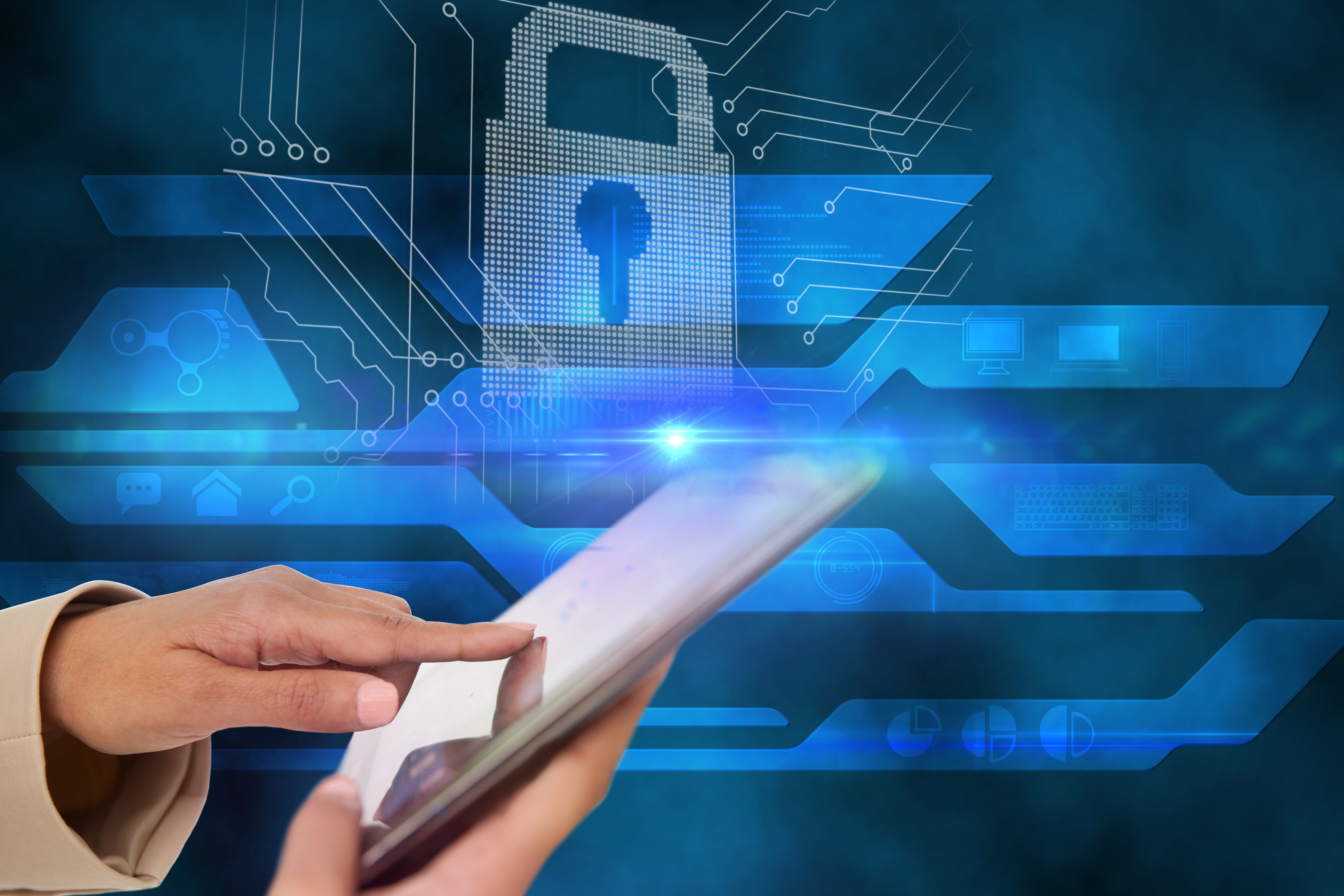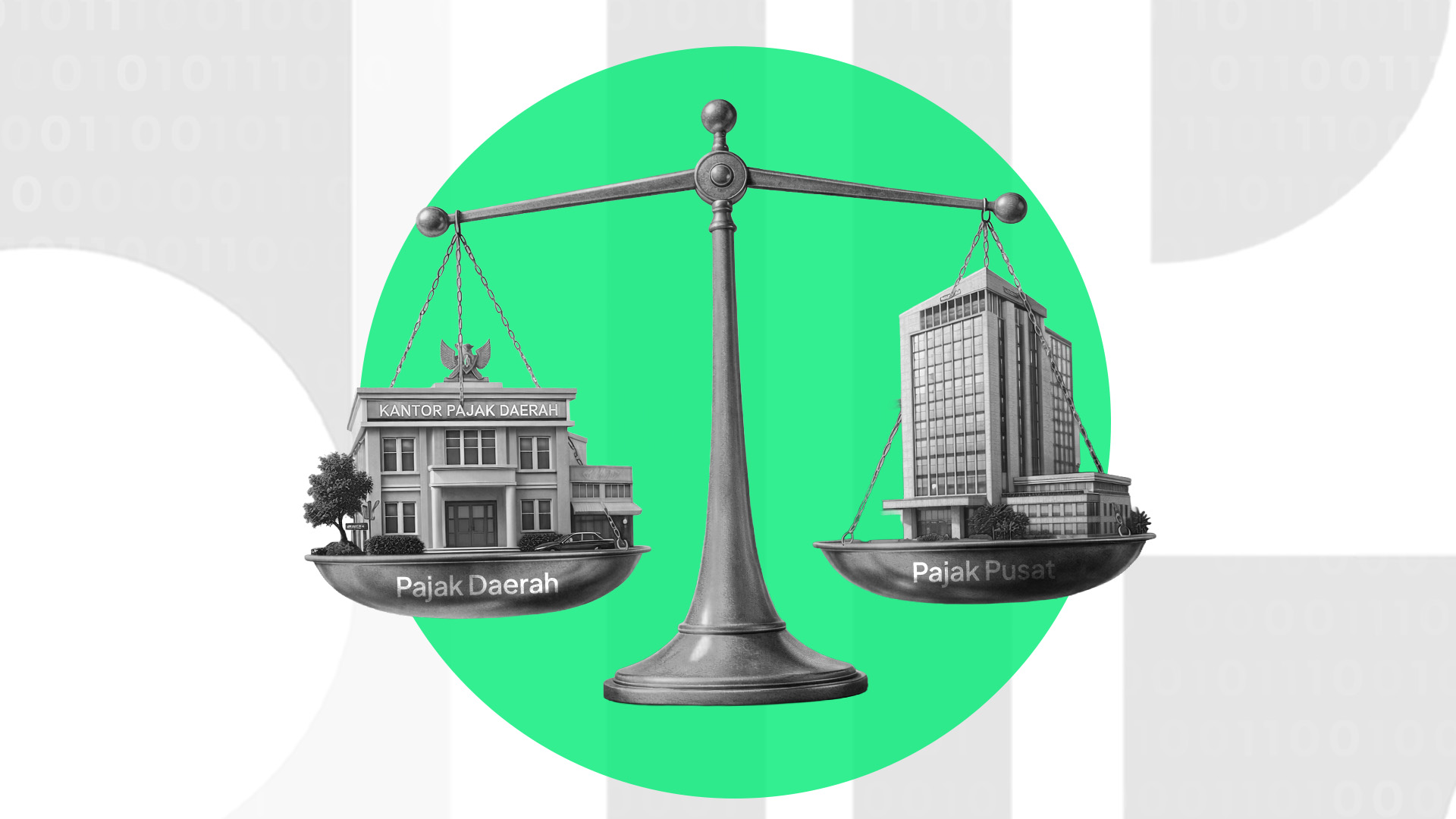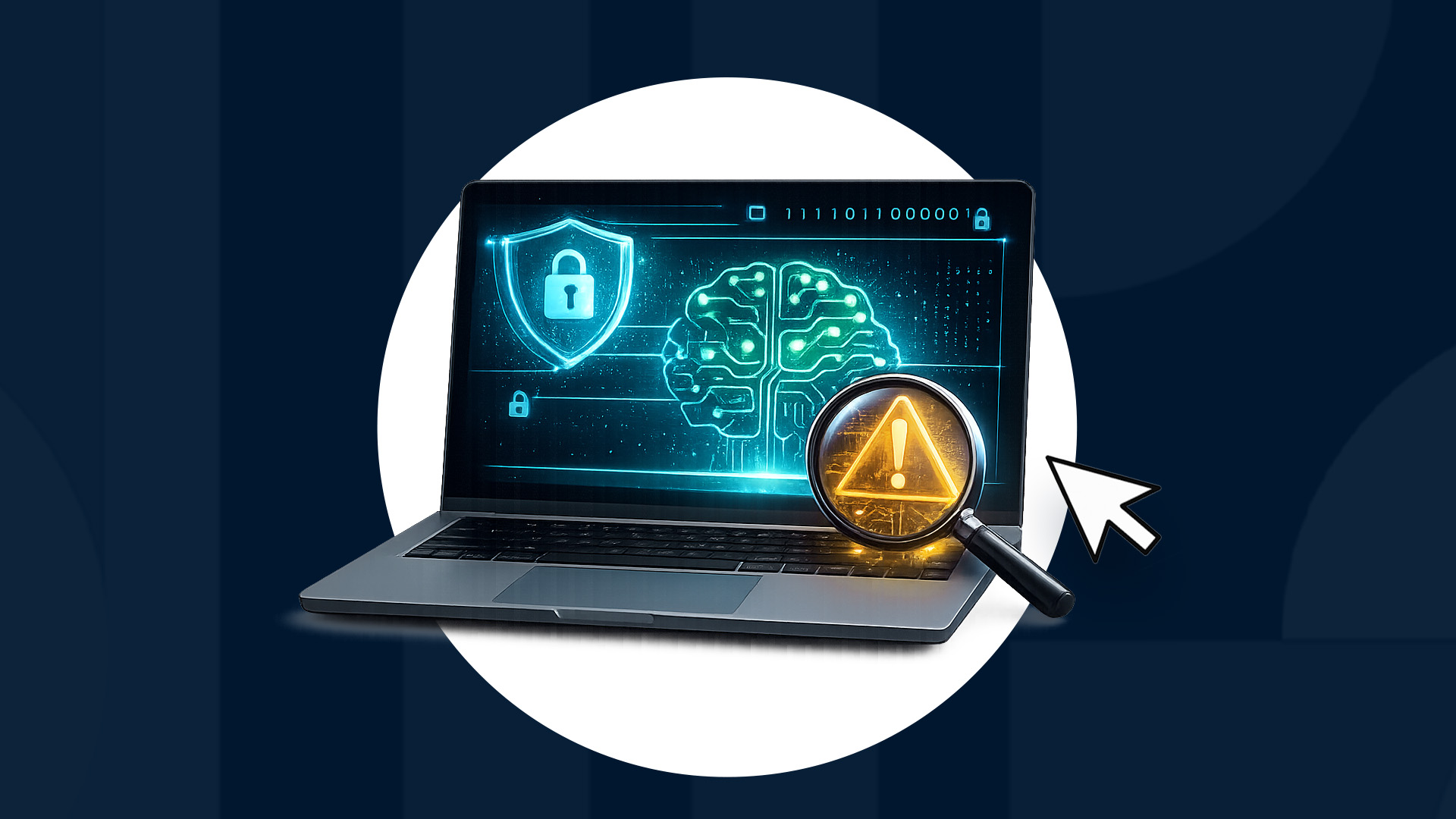Digital literacy is the ability to use digital technology, communication tools, and other digital devices to access, manage, integrate, analyze, and critically evaluate information.
Why should someone have digital literacy? Let's explore the goals and benefits of digital literacy, especially for data security.
Why Need Digital Literacy
-
Enhancing Security Awareness
The primary goal and benefit of digital literacy is to raise awareness about the importance of data security. Many people are unaware of the risks associated with using the internet and digital devices, especially when information can be easily accessed. Digital literacy helps individuals understand cyber threats, such as malware, phishing, and other cyberattacks.
-
Protecting Personal Data
Digital literacy aims to teach individuals how to protect their personal data. This includes understanding the importance of strong passwords, recognizing phishing emails, and securing devices with up-to-date antivirus software.
-
Improving Technology Skills
In addition to security, digital literacy aims to improve technology skills. This includes understanding how to effectively and safely use software, applications, and other digital tools.
-
Promoting Digital Ethics
Another goal of digital literacy is to promote digital ethics. This means understanding how to behave appropriately in the digital world, including respecting others' privacy and not spreading false information or hoaxes.
Benefits of Digital Literacy for Data Security
-
Preventing Identity Theft
Based on the goals and benefits of digital literacy, individuals can learn how to protect themselves from identity theft. This effort includes recognizing warning signs of identity theft and taking steps to protect personal information.
-
Reducing the Risk of Online Fraud
Digital literacy helps reduce the risk of online fraud. By understanding how online fraud works, individuals can be more vigilant and less likely to fall for fraudulent tactics.
-
Enhancing Child Safety Online
For parents, digital literacy is essential for ensuring their children's safety online. With a good understanding of digital literacy, parents can monitor their children's online activities and teach them how to use the internet safely.
-
Protecting Business Data
For companies, digital literacy is crucial for protecting sensitive business data. Employees with good digital literacy can help prevent data breaches and protect the company's digital assets.
-
Avoiding Malware and Virus Attacks
With digital literacy, individuals can learn how to recognize and avoid malware and viruses, including avoiding downloads from untrusted sources and keeping antivirus software up to date.
-
Increasing Efficiency and Productivity
Digital literacy is not just about security; it's also about increasing efficiency and productivity. With good digital skills, individuals can work more efficiently and effectively using available digital tools.
-
Understanding Digital Regulations and Rights
Digital literacy also includes knowledge of digital regulations and rights. Individuals who understand their rights in the digital world are better able to protect their identity and personal data from misuse.
How to Improve Digital Literacy
So how can you improve digital literacy to protect personal data in everyday activities?
-
Taking Online Training and Courses
There are many online courses available to enhance digital literacy. These courses can help you understand the basics of digital literacy and advance your skills.
-
Reading Online Resources
Articles, blogs, and video tutorials are some examples of resources that can be used. Don’t forget that workshops and seminars on digital literacy can also help improve understanding and skills. These are also great opportunities to discuss with experts in the field.
-
Implementing Digital Security Practices
The best way to learn is by applying digital security practices in everyday life. This includes using strong passwords, not clicking on random links, encrypting data, and always updating software.
Digital literacy is a crucial skill in this digital era. By understanding the goals and benefits of digital literacy for data security, individuals can protect their personal information from cyber threats. Through proper practices, digital literacy can enhance security, efficiency, and productivity in the digital world.

.png)

.jpeg)
